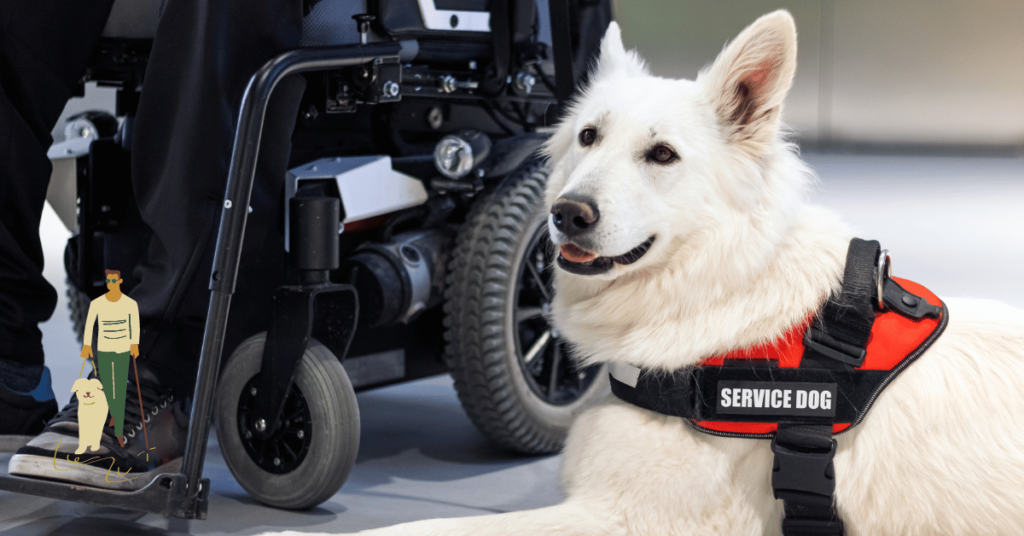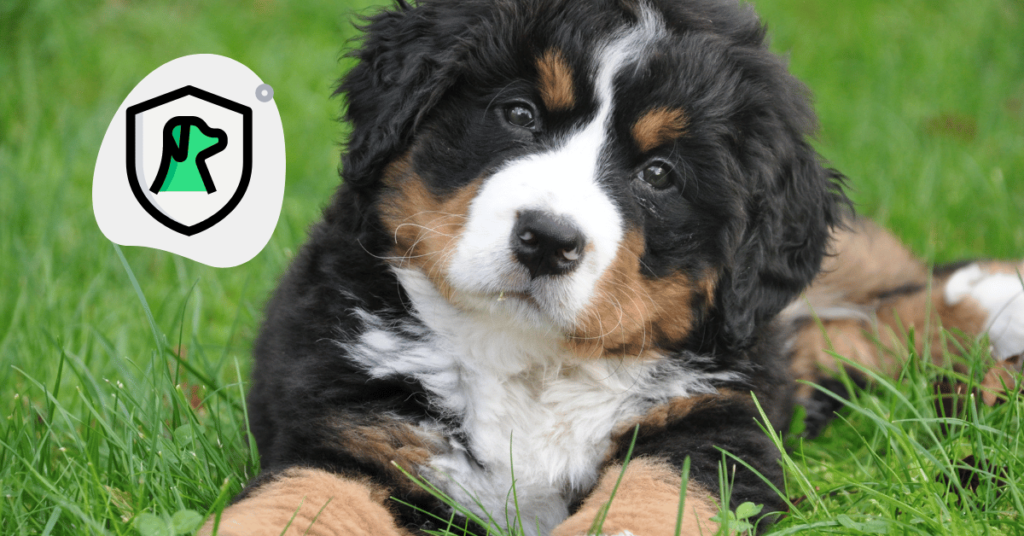If you’re a tenant and a dog owner, you might wonder if renters insurance will cover your furry friend.
While renters insurance primarily protects personal property and liability, there are important details to consider when its about coverage for your dog.
This article breaks down what renters insurance typically covers when it comes to dogs, from dog bites to property damage, and how you can financially prepare for any potential costs.
Does Renters Insurance Cover Dog Bites?
Yes, most renters insurance policies include liability coverage for dog bites. If your dog bites someone, your renters insurance will cover the medical expenses related to the injury, such as stitches or reconstructive surgery, up to your policy’s liability limit. It can also cover legal fees if the injured party decides to take legal action against you.
However, it’s important to note that not all dogs are covered. Certain breeds of dogs, like Pit Bulls, Rottweilers, and Dobermans, are often excluded from coverage because they are considered high-risk by many insurance companies. Additionally, unneutered male dogs and dogs with a history of aggressive behavior may also be excluded.
Does Renters Insurance Cover Dog Fights Off the Property?

Yes, renters liability insurance generally extends to incidents that happen outside of your home or apartment. If your dog attacks another pet, such as a dog or cat, while you’re at the park or another location, your renters insurance could cover the cost of the other pet’s veterinary care. This is because pets are considered personal property, and your liability coverage includes damage to another person’s property.
However, this only applies if the other pet owner has renters insurance with liability coverage. If they don’t, or if they can’t afford to cover the cost of the vet bills, you might end up having to cover the expenses out of your own pocket unless you have pet health insurance.
Does Renters Insurance Cover Dog Damage?
No, renters insurance typically does not cover damage caused by your dog to your own personal property. For example, if your dog chews up your couch, knocks over your television, or scratches the floors, those damages are not covered because they’re not considered “covered perils.”
However, renters insurance may cover damage caused by your dog to someone else’s property. For example, if your dog damages a friend’s furniture while visiting their home, liability coverage might reimburse them for the damage.
Damage to the rental property itself—such as chewing on door frames or scratching walls—won’t be covered by renters insurance either. In most cases, landlords will use your security deposit to cover these kinds of repairs.
Does Renters Insurance Cover Dog Pee?
No, damage caused by your dog’s urine is generally not covered by renters insurance. Pet-related damages, like urine stains, scratches, and chewing, are usually excluded from coverage. This is one reason why landlords require security deposits from tenants, as they can use this deposit to fix or clean up pet-related damage, including urine stains.
However, if your dog urinates on someone else’s property, such as a laptop or other valuable items, liability coverage might step in to cover the cost of replacement.
Does Renters Insurance Cover Dogs’ Injuries or Illnesses?

No, renters insurance does not cover your dog’s injuries or illnesses. If your dog gets hurt or sick, you’ll need pet insurance to help cover the cost of medical care.
- Accident-Only Pet Insurance: This covers emergency incidents such as broken bones, lacerations, bites from other animals, or foreign object ingestion.
- Accident & Illness Pet Insurance: This more comprehensive option covers both emergency accidents and health issues like cancer, chronic illnesses, and surgeries.
Some insurance companies offer both renters insurance and pet insurance, which can make it easier to bundle the two and potentially receive a discount. Be sure to compare pet insurance policies to find the one that fits your needs and your dog’s health history.
Conclusion
While renters insurance does provide some protection when it comes to dog-related incidents—like liability for dog bites and damage to someone else’s property—it doesn’t cover everything. Specifically, it would not cover damage your dog causes to your own property or the cost of their medical care in case of injury or illness.
To ensure that you’re fully protected, consider investing in both renters insurance and pet health insurance. This combination can help protect you from financial strain due to your dog’s behavior or health issues, giving you peace of mind whether you’re at home or out and about with your pet.
So that was all about this article. If you have any further questions feel free to comment down below. We are always here to help you!




